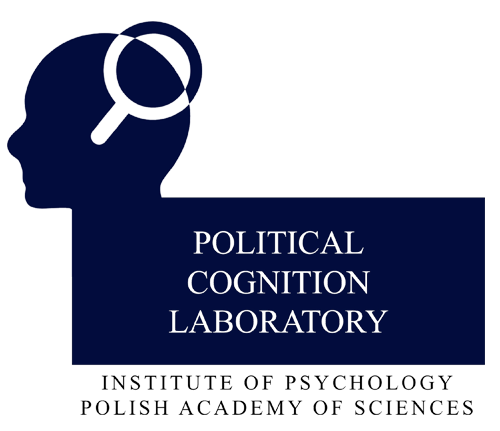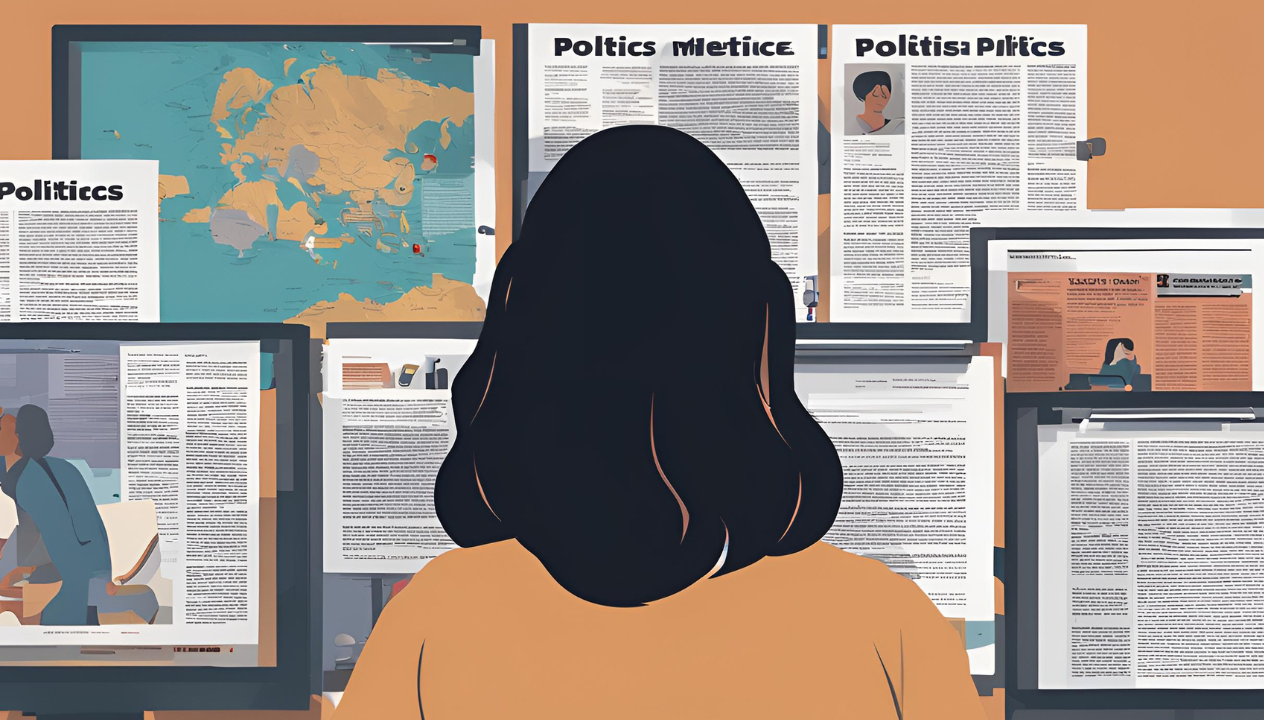What is the relationship between politcal knowledge, national narcissism and conspiracy beliefs regarding climat change among Polish youth?
Answers to these questions can be found in the newest article by Piotr Michalski and collabroators from Political Cognition Lab (Institute of Psychology, Polish Academy of Sciences), published in The Journal of Social Psychology and titled When the sun goes down: low political knowledge and high national narcissism predict climate change conspiracy beliefs.
In the studies described in the article we were searching for new links between national narcissism (understood as an unrealistic conviction about our national group's greatness and importance) and conspiracy thinking about the advancing climate change.
During the analysis, we looked at two types of political knowledge: curernt political knowledge (i.e., related to contemporary political events) and theoretical political knowledge (i.e., related to general information about the political system).
Research resutls show that young people (between 18 and 25 years old) exhibiting a low level of political knowledge are more likely to believe in conspiracy theories about the climate chante! Moreover, those less familiar with what is going on in politics in their country (i.e., those with lower current political knowledge) identify themselves with their nation in a more narcissistic way and are also more likely to deny climate change.
Our research provides initial proof for the fact that political knowledge may protect individuals from endorsing conspiracy theories about global warming! Interestingly, both civic education, stressing the importance of being familiar with what is going on the political stage in our surroundings, as well as knowing how political mechanisms work seem of prime importance when it comes to conspiracy theory endorsement.









